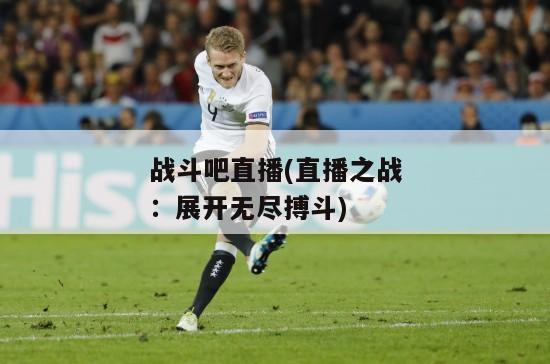Introduction
In the United Kingdom, the roles and responsibilities of the Prime Minister and the Queen are distinct and play crucial roles in the country's governance. While the Prime Minister holds significant powers in governing and decision-making, the Queen is a constitutional monarch with limited executive authority. This article explores the differences between the Prime Minister and the Queen in terms of their duties, powers, and influence.
The Queen: Constitutional Monarch
As the sovereign of the United Kingdom, the Queen serves as the head of state and is the symbol of national unity. However, her powers are mostly ceremonial and symbolic. The Queen's responsibilities include representing the nation both domestically and internationally, giving royal assent to legislation, and bestowing honors and titles.
While she has the power to dissolve Parliament and call for elections, the Queen typically exercises these powers only on the advice of the Prime Minister. She meets regularly with the Prime Minister for confidential conversations, but these meetings are largely advisory and non-binding.
The Prime Minister: Head of Government
The Prime Minister, on the other hand, is the head of the government and holds significant executive powers. The Prime Minister is appointed by the Queen but is selected from the political party that holds the majority of seats in the House of Commons.
One of the key responsibilities of the Prime Minister is to lead the government and make policy decisions. They have the authority to nominate and dismiss members of the Cabinet, manage the civil service, and shape domestic and foreign policies. The Prime Minister also represents the country on the international stage and engages in negotiations with other world leaders.

In addition, the Prime Minister is responsible for the day-to-day administration of the country, overseeing government departments, and managing crises and emergencies. They are accountable to Parliament and must answer questions, participate in debates, and defend their government's actions.
Powers and Influence
While the Queen's power is limited, her influence and impact on British society cannot be understated. The monarchy is highly regarded and respected by the public, and the Queen's role as a figurehead provides stability and continuity. She often engages in charitable work, attends public events, and represents the nation during state visits.
On the other hand, the Prime Minister's powers and influence are more directly tied to the political landscape. They have the power to enact legislation, negotiate treaties, and implement policies that shape the direction of the country. The Prime Minister's actions and decisions are closely scrutinized by both the public and the media, and they can significantly impact the government's popularity and reputation.
Conclusion
The differences between the roles of the Prime Minister and the Queen in the United Kingdom are clear. While the Queen is a constitutional monarch with limited executive powers, the Prime Minister is the head of government and holds significant decision-making authority. Both positions are important to the functioning of the country's governance, with the Queen representing tradition and stability, and the Prime Minister bringing political leadership and accountability.
Together, they form a unique system of monarchy and democracy, where the powers and responsibilities are carefully balanced to ensure effective governance and representation.
转载请注明:333体育-感悟人生无插件体育直播在线 » 比赛数据 » 英国首相和女王的区别(英国首相与女王:职责与权力的不同)
版权声明
本文仅代表作者观点,不代表B5编程立场。
本文系作者授权发表,未经许可,不得转载。































发表评论